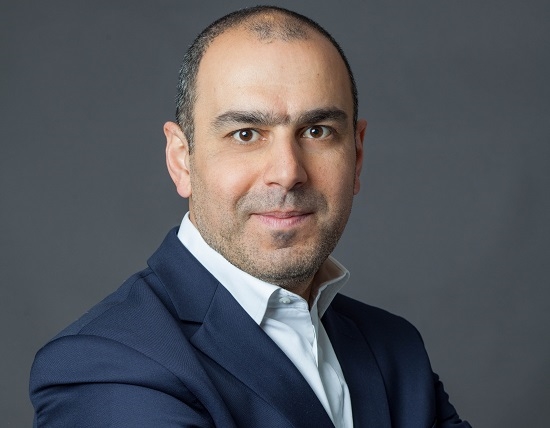Whistleblowers? Don’t hold your breath
With considerable fanfare, the new US financial reform legislation creates at both the Securities and Exchange Commission and the Commodity Futures Trading Commission a new program where persons having knowledge of wrongdoing may alert the agency and receive a hefty cash award if the matter is prosecuted successfully.
This whistleblower provision is meant to open a new offensive against the bad guys by making nearly every company employee a government agent whose secrets will be disclosed for the betterment of mankind.
At the CFTC, the program (new section 23 of the Commodity Exchange Act for those who care) will begin with a Customer Protection Fund to be held at the US Treasury. After deposit of fines exacted by the CFTC in other enforcement cases, this fund would top off at $100m.
The informant’s disclosures must be new and previously unknown to the regulator but, if so, the person can receive a bounty of 10% to 30% of the cash collected by the CFTC from the resulting action. The exact amount is left to the CFTC’s discretion, based on “relevant factors” to be determined by the agency.
This will result in long lines outside the CFTC’s headquarters in Washington, right?
Maybe not. Whistleblower programs tend to work well when the likely informants have more to gain from speaking up than from remaining silent.
In particular, losing one’s job and possibly being banished from the industry should be made the lesser of the economic outcomes. (While the CFTC’s program forbids employers to retaliate against informants, there are myriad other excuses to sack someone.)
On Wall Street, however, individuals who have valuable information are more likely to occupy higher places in the food chain. They tend to have big bank accounts and bright futures. The downside from informing could be substantial, even if a reward is offered.
Instead, consistent with the trader mentality which they either share or observe in their colleagues daily, they are far more likely to request a private conversation with the management that could lead to an even bigger bank account and brighter future.
So let us not be too disappointed if both the quantity and quality of information generated by the CFTC’s program fall short of expectations. It may generate more in-house episodes of “let’s make a deal” than fodder for the prosecutors.
And, if so, it is even more fascinating that we will never know.
Philip McBride Johnson is a member of the exchange-traded derivatives regulatory practice at Skadden, Arps, Slate, Meagher & Flom in Washington and a past chairman of the CFTC.
Found this useful?
Take a complimentary trial of the FOW Marketing Intelligence Platform – the comprehensive source of news and analysis across the buy- and sell- side.
Gain access to:
- A single source of in-depth news, insight and analysis across Asset Management, Securities Finance, Custody, Fund Services and Derivatives
- Our interactive database, optimized to enable you to summarise data and build graphs outlining market activity
- Exclusive whitepapers, supplements and industry analysis curated and published by Futures & Options World
- Breaking news, daily and weekly alerts on the markets most relevant to you



